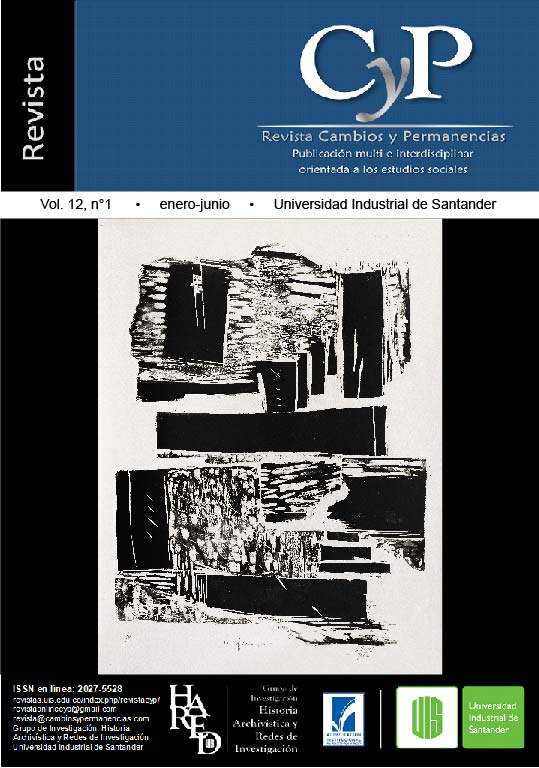Socioeconomic and cultural characteristics in relation to the academic situation of the students of the Technological University of Pereira: 2015-2019
Published 2021-06-30
Keywords
- Statistics,
- correspondence analysis,
- logistic regression,
- objectivity
How to Cite
Abstract
This article is part of an investigation in which qualitative and quantitative research methods have been embedded in order to fully understand the functioning of a social fact, such as permanence in higher education. In particular, verifying the academic situation of the students of the Technological University of Pereira (UTP) in relation to their conditions of origin, evidenced in their social, economic and cultural characteristics. Here the use of quantitative tools is shown to objectify the analyzes, looking for statistically graspable regularities, so that scientific interpretations based on objectivity and not on the researcher's assumptions can be elaborated. That is, by confronting hypotheses with real data collected from observation. For this purpose, the variables obtained through the interview of the integrated early warning system will be included, applied to the students upon their admission to the UTP and with which the risk of desertion is established. As well as those that rest in the Registry and Control databases and give an account of the results in the construction of the academic trajectory of these young people. The period under study is between 2015-2019 and the following are used: descriptive statistics, Simple Correspondence Analysis (ACS) and Multinomial Logistic Regression (RLM).
Downloads
References
Bourdieu, P. (1980). El sentido práctico. Buenos Aires, Argentina: Siglo XXI Editores.
Bourdieu, P. (2000). Poder, derecho y clases sociales. Bilbao, España: Editorial Desclée de Brower.
Díaz, L., y Morales, M. (2012). Estadística multivariada: Inferencia y métodos. Bogotá, Colombia: Editorial Universidad Nacional de Colombia.
IESALC. (2020). Hacia el acceso universal a la educación superior: Tendencias internacionales. Recuperado de https://www.iesalc.unesco.org/wp-content/uploads/2020/11/acceso-universal-a-la-ES-ESPANOL.pdf
León, J., y Collahua, Y. (2016) El efecto del nivel socioeconómico en el rendimiento de los estudiantes peruanos: un balance de los últimos 15 años. Recuperado de http://biblioteca.clacso.edu.ar/Peru/grade/20170417120817/nserendimiento_JL_35.pdf
Marx, K. (1946). El capital. Crítica de la economía política. Tomo I. (1890). México: Fondo de Cultura Económica.
OCDE. (2016). Revisión de políticas nacionales de educación. Recuperado de http://www.plandecenal.edu.co/cms/media/herramientas/oecd_educacion_en_colombia.pdf
Tinto, V. (2003). Promoting Student Retention Through Classroom Practice; Presented at Enhancing Student Retention: Using International Policy and Practice. An international conference sponsored by the European Access Network and the Institute for Access Studies at Staffordshire University. Ámsterdam.
Universidad Tecnológica de Pereira. (2020). Boletín Estadístico. Recuperado de http://reportes.utp.edu.co/xmlpserver/publico/Planeacion/Boletin_estadistico/Recursos_Economicos/generacion_ingresos_propios.xdo?_xmode=2
Weber, M. (1944). Economía y sociedad. Esbozo de sociología comprensiva. Ciudad de México, México: Fondo de cultura económica.

